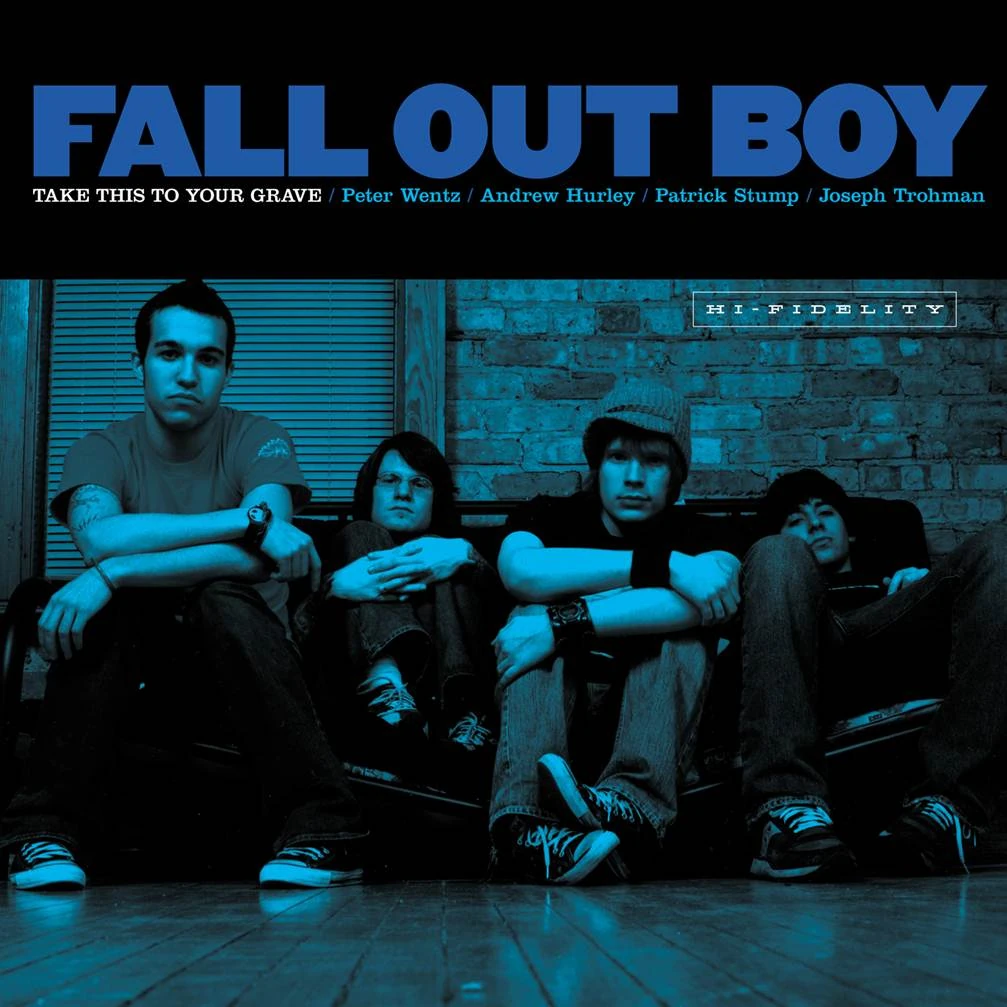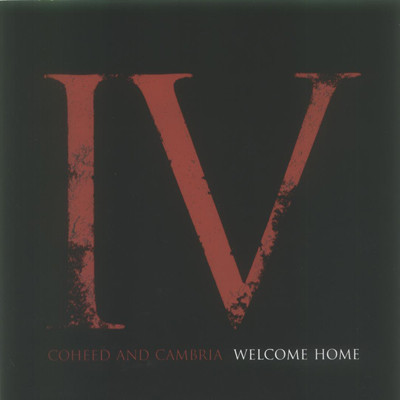 Carrie Underwood’s “Before He Cheats” didn’t just dominate the airwaves when it was released in 2006 — it stormed through country music and mainstream pop culture like a twister through an Oklahoma cornfield. A venomous tale of betrayal and retribution wrapped in a fiery fusion of country grit and pop gloss, the song rocketed Underwood from American Idol darling to bonafide music superstar. From its biting lyrics and memorable hook to the raw, cinematic emotion in her vocal delivery, “Before He Cheats” became a cultural phenomenon and arguably one of the most iconic revenge anthems of the 21st century. But the story of this song — its creation, its resonance, and its legacy — is about far more than a woman with a Louisville slugger.
Carrie Underwood’s “Before He Cheats” didn’t just dominate the airwaves when it was released in 2006 — it stormed through country music and mainstream pop culture like a twister through an Oklahoma cornfield. A venomous tale of betrayal and retribution wrapped in a fiery fusion of country grit and pop gloss, the song rocketed Underwood from American Idol darling to bonafide music superstar. From its biting lyrics and memorable hook to the raw, cinematic emotion in her vocal delivery, “Before He Cheats” became a cultural phenomenon and arguably one of the most iconic revenge anthems of the 21st century. But the story of this song — its creation, its resonance, and its legacy — is about far more than a woman with a Louisville slugger.
Written by the legendary songwriting duo Chris Tompkins and Josh Kear, “Before He Cheats” was initially just another demo floating around Nashville. But something about it struck a nerve. The track’s lyrics painted an immediately vivid scene: a scorned woman imagining her ex-boyfriend at a bar, flirting with a new fling, only to return to find his precious ride mutilated in a fit of righteous rage. This wasn’t your average heartbreak ballad. There was no weeping, no pleading. This was scorched earth. And in a genre historically littered with either teary confessions or subdued reckonings, this song turned the tables with relish.
What made Underwood’s rendition unforgettable was her ability to embody both vulnerability and power. There’s a smoldering tension in her voice, a fury barely concealed behind pristine production. When she sings “I dug my key into the side of his pretty little souped-up four-wheel drive,” it doesn’t feel like a metaphor or a fantasy — it feels like a dare. She sings with the conviction of someone who’s been wronged, whose heartbreak has curdled into something sharper. That duality — pain and empowerment — is part of why the song resonates so deeply, especially with women who have been patronized, betrayed, or underestimated.
It’s important to understand that the song arrived during a pivotal cultural moment. In the mid-2000s, country music was in a state of flux. Traditionalist roots still dominated the charts, but there was a growing appetite for more modern, crossover-friendly content. Shania Twain had kicked that door open years earlier, but Underwood helped kick it off its hinges. As the fourth single from her debut album Some Hearts, “Before He Cheats” didn’t just appeal to country fans — it topped the Adult Top 40 chart, landed in the Billboard Hot 100’s top ten, and stayed on the charts for over a year. For a country song, that level of pop crossover was staggering.
Musically, the song is anchored by a slinky blues-rock guitar riff, stomping rhythm, and subtle twang — a production masterstroke that straddled genres without feeling calculated. The instrumentation serves the story: it simmers and seethes, boiling just below the surface like the rage of the narrator. It doesn’t explode in volume or tempo, but rather coils tighter and tighter until the final chorus feels like a cathartic release.
Lyrically, Tompkins and Kear crafted a song that told a full story in just a few minutes. That’s not unusual in country music — storytelling is its backbone — but what’s fascinating about “Before He Cheats” is how the narrative lives entirely in the narrator’s imagination. There’s no confirmed cheating caught in the act. Instead, it’s a fantasy — an assumption, an angry premonition. The woman in the song imagines her man out carousing, and takes action before she even knows for sure. That ambiguity raises interesting questions. Is the song a cautionary tale? A fantasy of emotional justice? A satire of possessiveness? Or all of the above?
But none of that would matter if the song hadn’t connected on such a visceral level. “Before He Cheats” is part of a long tradition of female-led revenge songs, from Nancy Sinatra’s “These Boots Are Made for Walkin’” to the Dixie Chicks’ “Goodbye Earl.” But where those leaned into camp or whimsy, Underwood’s song balanced fury and realism with astonishing precision. It wasn’t cute or tongue-in-cheek. It was theatrical but grounded, fierce without being cartoonish.
That might be why “Before He Cheats” became a staple of karaoke bars and girls’ nights out. It gave voice to an experience that’s often silenced — the woman scorned — and flipped the script. The woman doesn’t cry. She doesn’t beg. She doesn’t even call him out. She lets her actions speak for her, and they’re louder than any breakup speech. It’s empowerment through chaos, and it resonated.
Commercially, the song was a juggernaut. It went triple platinum, won a Grammy for Best Female Country Vocal Performance, and helped Some Hearts become one of the best-selling debut albums in country music history. It didn’t just cement Underwood’s place in the industry — it changed what was possible for a country-pop crossover hit. It also helped open doors for other female artists looking to push the boundaries of traditional genre norms. Without “Before He Cheats,” would Miranda Lambert’s “Gunpowder & Lead” or Taylor Swift’s “Better Than Revenge” have hit quite the same way?
For Underwood, the song became both a calling card and a challenge. How do you top a track so iconic that it threatens to define you? To her credit, she’s never tried to replicate its exact formula. Instead, she’s embraced it as a milestone in a career filled with Grammy wins, platinum albums, and headlining tours. Yet despite her expansive catalog, “Before He Cheats” is the song most often associated with her name — and for good reason. It’s lightning in a bottle.
Live, the song takes on an even more electrifying life. Underwood’s performances are full-throated, brimming with theatrical intensity and raw power. It’s a crowd-pleaser not just because of its chorus, but because of the way it invites every listener into its fury. Whether at a sold-out arena or on an award show stage, the song transforms into a communal exorcism — a moment for everyone who’s ever been burned to shout along.
Culturally, the song’s impact continues to reverberate. It’s been referenced in everything from TV shows and movies to comedy routines and social media memes. Its premise — infidelity and revenge — has been endlessly parodied and reimagined, but never duplicated with the same punch. It’s even used in discussions of feminism in pop culture, often held up as an example of female rage being allowed space in the mainstream without apology.
“Before He Cheats” also functions as a time capsule of a particular moment in pop and country music, when boundaries were breaking down, and genre lines were blurring. It was country, but it was also rock, and pop, and blues. It was mainstream, but it had an edge. It sounded like the future, even as it paid homage to country storytelling traditions of the past.
Its legacy is not just musical. It’s emotional. It’s psychological. It’s about permission — permission to feel anger, to express it, to not be the “good girl” in the aftermath of betrayal. The woman in the song doesn’t cry in the bathroom. She wields power. That’s why the song is still played at weddings, bachelorette parties, and breakups alike — it taps into a deep, emotional need to be heard, to fight back, to reclaim dignity after humiliation.
And while the literal actions described in the song are clearly criminal (car vandalism isn’t exactly advisable), they’re metaphorical enough to allow listeners to insert themselves into the narrative. For many, the act of singing along is the real catharsis. No keys need be dug into any trucks; the release comes through volume, through identification, through shared experience.
That’s why “Before He Cheats” is more than just a hit single. It’s a cultural touchstone. It’s a song that belongs to millions — not just Carrie Underwood or her songwriters. Everyone who has ever screamed that chorus into the void during a heartbreak has made it theirs. That’s the sign of a truly great song: when it no longer belongs solely to the artist, but becomes a mirror in which listeners see themselves.
In the years since its release, “Before He Cheats” has been covered, spoofed, studied, and celebrated. It’s used in college music courses as an example of crossover appeal and in gender studies classrooms as a case study of female empowerment narratives in pop culture. It’s become part of the musical lexicon — the kind of song you don’t even need to have heard all the way through to recognize from the first line.
And still, nearly two decades later, it packs the same punch. The production still slaps. The lyrics still sting. The vocals still raise goosebumps. It hasn’t aged a day. If anything, it’s only become more iconic with time — a reminder that pop music doesn’t have to be disposable. It can be a weapon. A shield. A confession. A battle cry.
“Before He Cheats” by Carrie Underwood is all those things. It’s a song that cracked through genre walls and cultural expectations with the precision of a key to the side of a four-wheel drive. And it left a permanent mark — not just on the music industry, but on the hearts and voices of anyone who ever dared to sing along.


